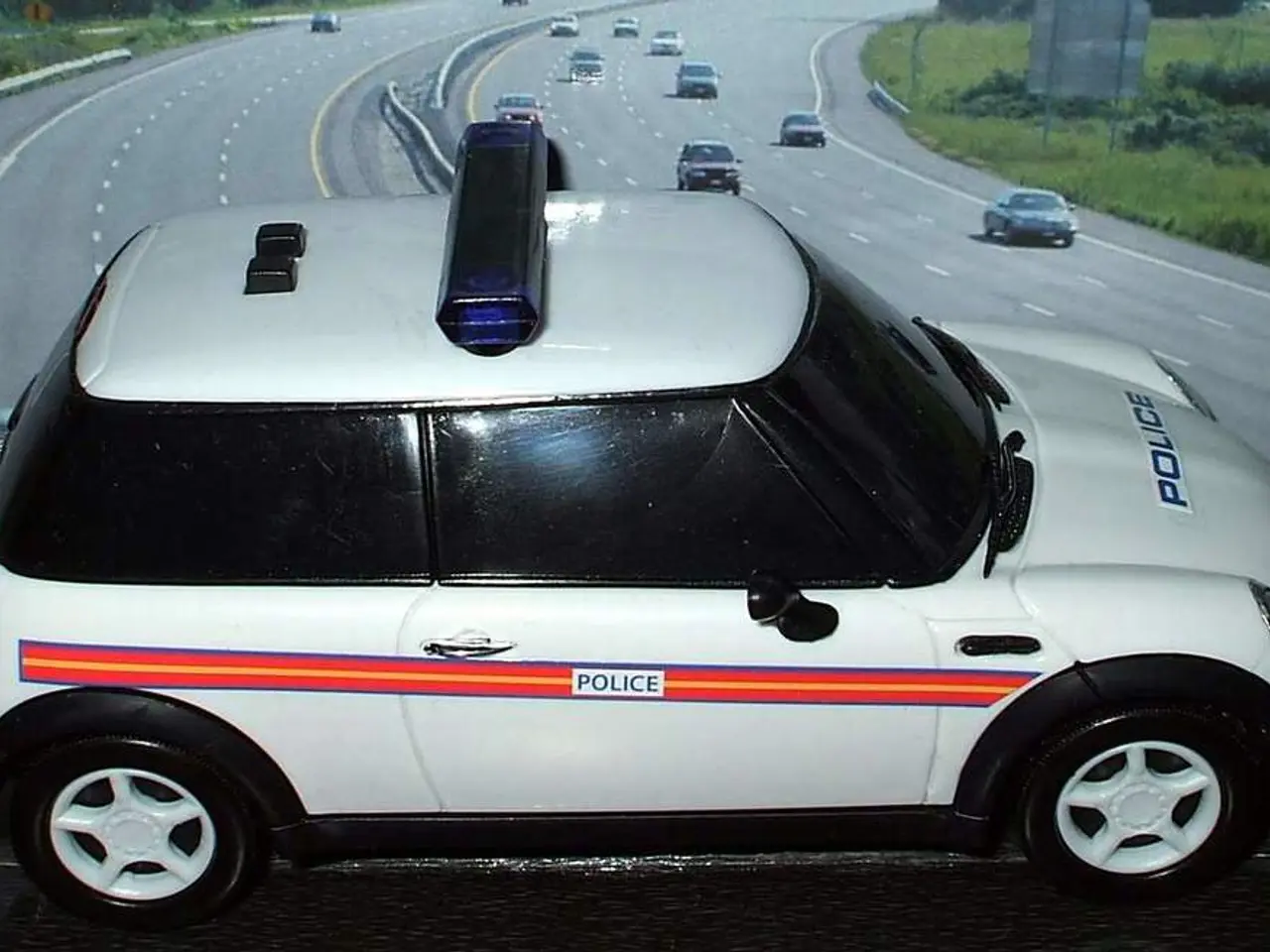Federal efforts by the White House to deploy troops in Chicago, facing resistance from local officials in the political sphere
In recent days, the potential for a significant showdown between the federal government and city leaders in Chicago over crime has been escalating. President Donald Trump has been ramping up his rhetoric against the nation's third-most populous city, expressing concerns about its safety and vowing to take action.
Local leader Alderman Raymond Lopez argues that the city would benefit from federal involvement in addressing crime. However, his suggestions for stationing troops in busy parts of Chicago, like Michigan Avenue and public transportation stations, have sparked controversy. Some state and local officials are warning against setting the precedent of using the military to deal with crime in US cities.
Trump has been considering deploying troops in Chicago for over a week, following a Labor Day weekend of deadly violence that was worse than in the previous two years. The president has stated that Chicago is a mess and that he would "straighten that out probably next."
However, the president does not have the same power over the National Guard in states as he does in Washington, D.C. Trump last called up the National Guard against a governor's will in June, in Los Angeles. A federal judge ruled that Trump's action in Los Angeles was illegal, violating the Posse Comitatus Act.
Governor JB Pritzker has accused the Trump administration of refusing to coordinate with local law enforcement. He expects to see federal agents stationed in Chicago and plans to fight any troop deployment in court. If President Trump authorizes a federal military deployment in Chicago, agencies likely to be stationed there include multiple federal law enforcement teams from the Department of Homeland Security, the FBI, and the Drug Enforcement Agency, alongside thousands of National Guard troops prepared by the Pentagon.
Residents of Chicago's southside Pullman neighborhood, such as Cedric Hawkins, have expressed concern that the presence of military could make communities feel like they are incarcerated. Hawkins fears that the military deployment could exacerbate tensions and further alienate communities from law enforcement.
Chicago ended its contract with ShotSpotter, a company that detects shots fired, last year. This decision, coupled with the potential for a federal military deployment, has raised questions about the city's approach to addressing crime.
It is important to note that the last time active-duty military was sent to Chicago against the wishes of local officials was in 1894 during a labor dispute. The implications of a similar situation today are vast and complex, and the future remains uncertain.
As the situation develops, it is crucial for all parties involved to prioritise the safety and wellbeing of Chicago's residents and work towards a solution that respects the rule of law and the autonomy of local governance.








